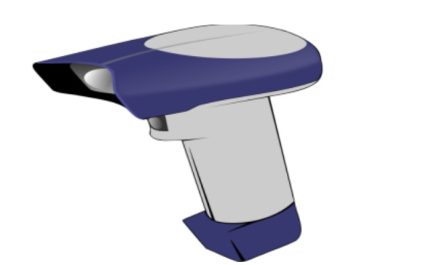How to Speed Up any Android Phone
Is your Android smartphone feeling sluggish and slow? Don’t fret – we’ve got you covered! In this ultimate guide, we will share actionable steps to supercharge your Android phone and make it lightning-fast.
With our expert tips and tricks, your phone will go from laggy to zippy in no time. Say goodbye to frustrating delays and hello to speedy performance. Whether you’re dealing with slow app launches, unresponsive touch screens, or excessive background processes, we have the solutions you need. From optimizing system settings to uninstalling unnecessary apps, we will walk you through every step of the process.
Common reasons why Android phones slow down
There are several common reasons why Android phones slow down over time. One of the main culprits is the accumulation of cache and junk files. These files are created by apps and web browsers and can quickly eat up your phone’s storage space. As the storage becomes full, it slows down the phone’s overall performance.
Another reason for slowdowns is the presence of unnecessary apps and processes running in the background. Many apps automatically start up when you turn on your phone, consuming valuable system resources. These background processes can cause your phone to become unresponsive and sluggish.
Outdated operating systems and apps can also contribute to slow performance. Developers regularly release updates to improve stability, fix bugs, and enhance performance. If you’re running an older version of Android or have outdated apps, it’s time to update them for a smoother experience.
The importance of optimizing your Android phone’s performance
Optimizing your Android phone’s performance is crucial for several reasons. First and foremost, a faster phone means a more enjoyable user experience. You won’t have to deal with frustrating delays when launching apps or navigating through your device’s interface, read more.
Additionally, optimizing your phone’s performance can help prolong its lifespan. When your phone is running smoothly, it puts less strain on its hardware components. This can reduce the risk of overheating and extend the overall longevity of your device.
Clearing cache and junk files to free up storage space
One of the most effective ways to speed up your Android phone is by clearing cache and junk files. These files accumulate over time as you use apps and browse the web. They take up valuable storage space and can significantly impact your phone’s performance.
To clear cache and junk files, follow these simple steps:
Once you’ve cleared the cache and junk files, you should notice an immediate improvement in your phone’s performance. It will have more available storage space, allowing apps to run smoothly without any slowdowns.
Managing and disabling unnecessary apps and processes
Another crucial step in speeding up your Android phone is managing and disabling unnecessary apps and processes. Many apps run in the background even when you’re not using them, consuming valuable system resources.
To manage and disable unnecessary apps and processes, follow these steps:
By disabling or uninstalling unnecessary apps, you can free up system resources and improve your phone’s overall performance. It’s especially important to disable apps that you rarely use or that came pre-installed on your device.
Updating your Android operating system and apps
Keeping your Android operating system and apps up to date is essential for optimal performance. Developers regularly release updates that address bugs, improve stability, and enhance performance. By updating your phone’s software, you ensure that you’re benefiting from the latest improvements.
To update your Android operating system, follow these steps:
Similarly, to update your apps, follow these steps:
By regularly updating your Android operating system and apps, you ensure that your phone is running the latest software improvements and bug fixes. This can have a significant impact on your phone’s overall performance.
In conclusion, if you’re tired of dealing with a sluggish and slow Android phone, it’s time to take action. By following the steps outlined in this ultimate guide, you can supercharge your device and enjoy a faster and smoother Android experience.
From clearing cache and junk files to managing unnecessary apps and processes, updating your operating system and apps, optimizing battery life, utilizing performance-boosting apps and tools, and customizing your device’s settings, these actionable tips will empower you to take control of your Android phone’s performance.

